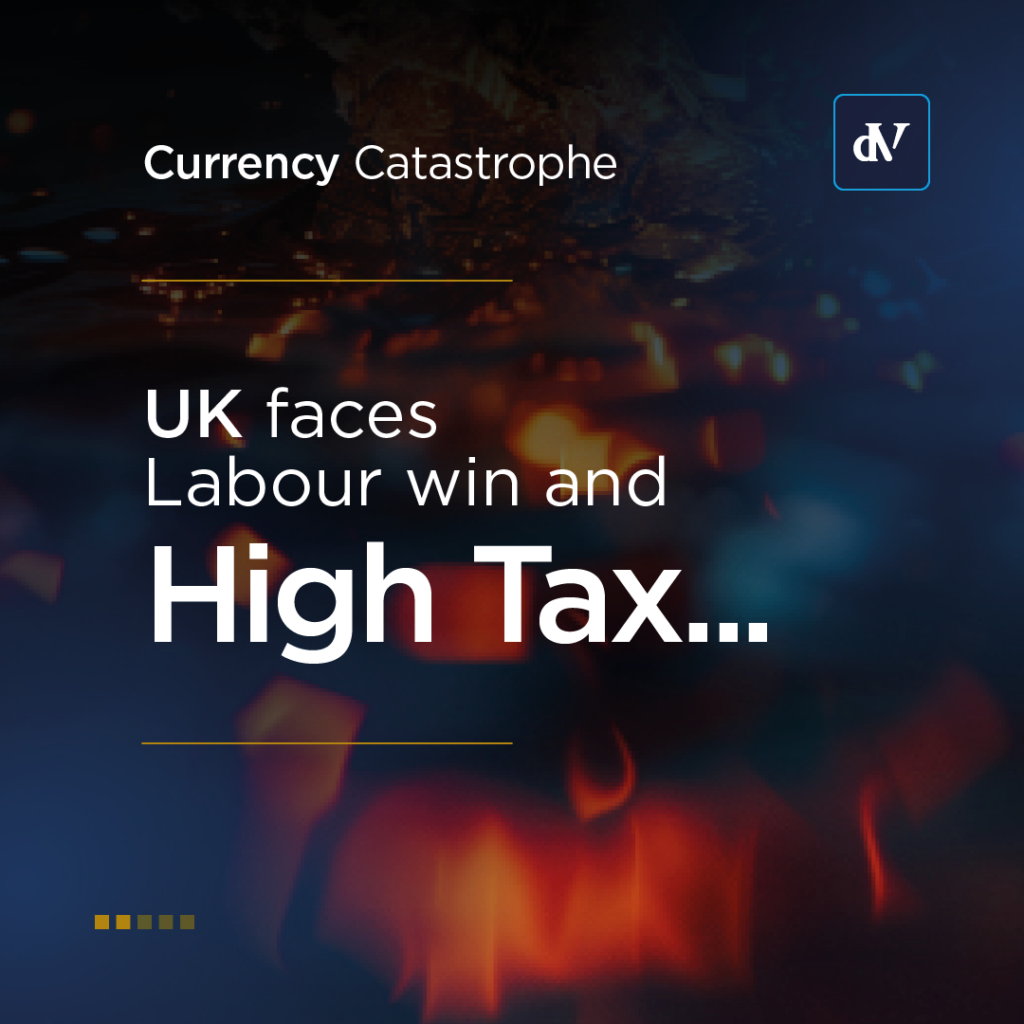|
Getting your Trinity Audio player ready...
|
In this blog, we discuss the effects political turmoil can have on the financial market.
2022 so far has not been an ‘unremarkable’ one, at least as far as the financial market goes.
Skyrocketing inflation, interest rate hikes, and the threat of recession in various countries, has put a damper on what was meant to be a post-COVID recovery period. Global geopolitical events such as the war in Ukraine, supply issues, and the ongoing COVID lockdowns in China have not helped either.
‘Volatility’ and ‘instability’ are the words on the lips of investors, and anyone who is involved in financial services in any way, really. Global stocks are in dire straits.
What are the effects of political turmoil on economic growth?
One issue to keep in mind, apart from economic pressures, is political instability, as this is another issue that can affect economic growth. Political instability may arise because of several reasons; these include government changes, internal conflict, a financial crisis and economic troubles.
Economists regard political instability as being harmful to economic performance.
What does ‘political risk’ mean?
Political risk – including policy decisions, regulation, labour conditions and taxes – can influence the performance of the broader market or even of individual securities. The effects, of course can be positive or negative. If negative, it can generate fear and concern among investors.
Political risk is basically the possibility that political disruptions or changes may also influence the performance of a government or country or even the world. For example, a change in leadership can lead to instability.
What is currently happening in the UK and Sri Lanka
The recent resignation of UK Prime Minister Boris Johnson earlier this month, and the current overall turmoil in UK politics, is a perfect example.
According to deVere Group CEO Nigel Green, Johnson’s departure will eventually lead to the stabilisation of the pound. But this will only happen after a short period of instability (like what happened during the negotiations on Brexit). According to Mr Green, a new “strong and stable leadership” will eventually get the pound back on track.
Numerous countries with low per capita income and considerable poverty are facing stagflation. Another example where political turmoil could affect the global financial sphere is Sri Lanka. The country has been plagued by months of protests and is suffering its worst economic crisis in years.
Former president Gotabaya Rajapaksa was forced to resign on 14 July 2022. He also fled the country and is reportedly hiding in Singapore. The new president, Ranil Wickremesinghe, pledged to crack down on the protests that had led to Rajapaksa’s resignation. He made it clear that he would not tolerate people behaving in a violent manner.
In the meantime, protests continue to break out, with the new prime minister sending in the military to contain at least one protest site. It remains to see exactly what the consequences of this new regime will be as far as the broader financial world is concerned.



